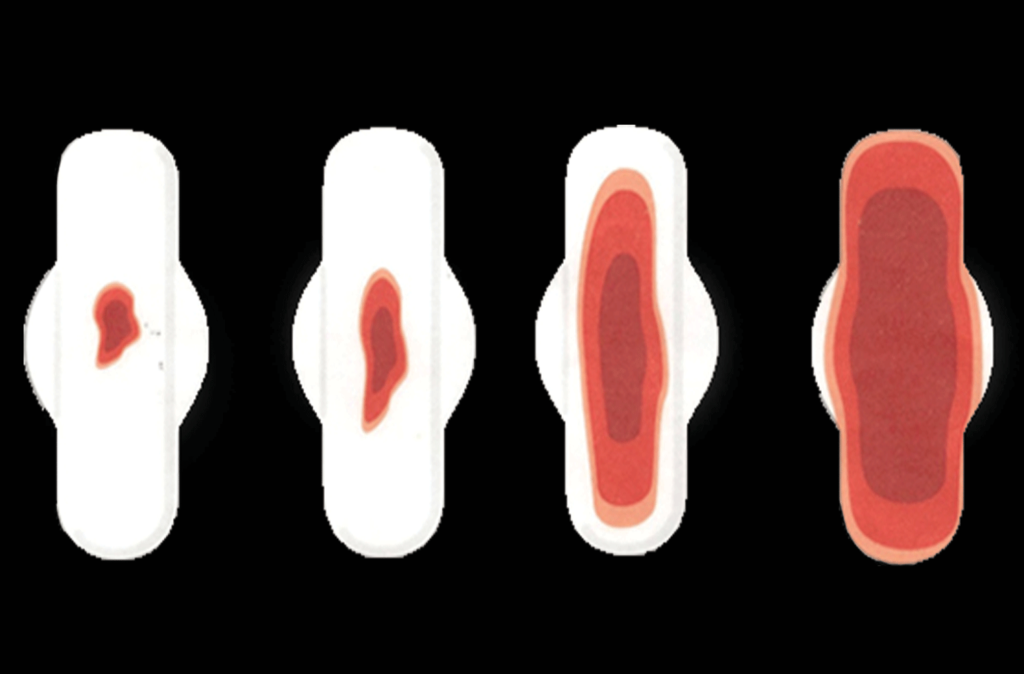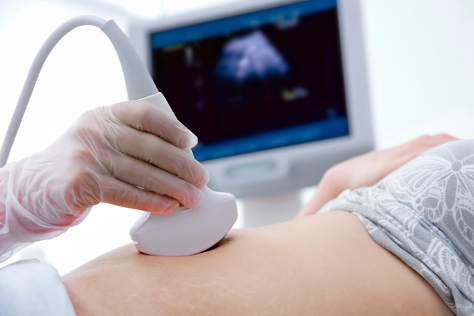
Heavy periods (also called menorrhagia) are common and may just be normal for you. Treatment can help if they’re affecting your daily life.
Check if you have heavy periods
You may have heavy periods if you:
- need to change your pad or tampon every 1 to 2 hours, or empty your menstrual cup more often than is recommended
- need to use 2 types of sanitary products together, such as a pad and a tampon
- have periods lasting more than 7 days
- pass blood clots larger than about 2.5cm (the size of a 10p coin)
- bleed through to your clothes or bedding
- avoid daily activities, like exercise, or take time off work because of your periods
- feel tired or short of breath a lot
Causes of heavy periods
It can be normal to have heavy periods.
They can sometimes be heavy at different times, like when you first start your periods, after pregnancy or during menopause.
Sometimes, they can be caused by:
- conditions affecting your womb, ovaries or hormones, such as PCOD, fibroids, endometriosis, infection around your uterus
- Some medicines and treatments, including some blood thinners and chemotherapy medicines
- Stress & depression
Rarely, heavy periods can be a sign of cancer in your uterus.
See a gynecologist if :
- You’ve had heavy periods for some time
- heavy periods are affecting your life
- You have severe pain during your periods
- You bleed between periods or after sex
- You have heavy periods and other symptoms such as pain when peeing, pooing or having sex
You will need some blood tests and scans to find the cause and treat accordingly

